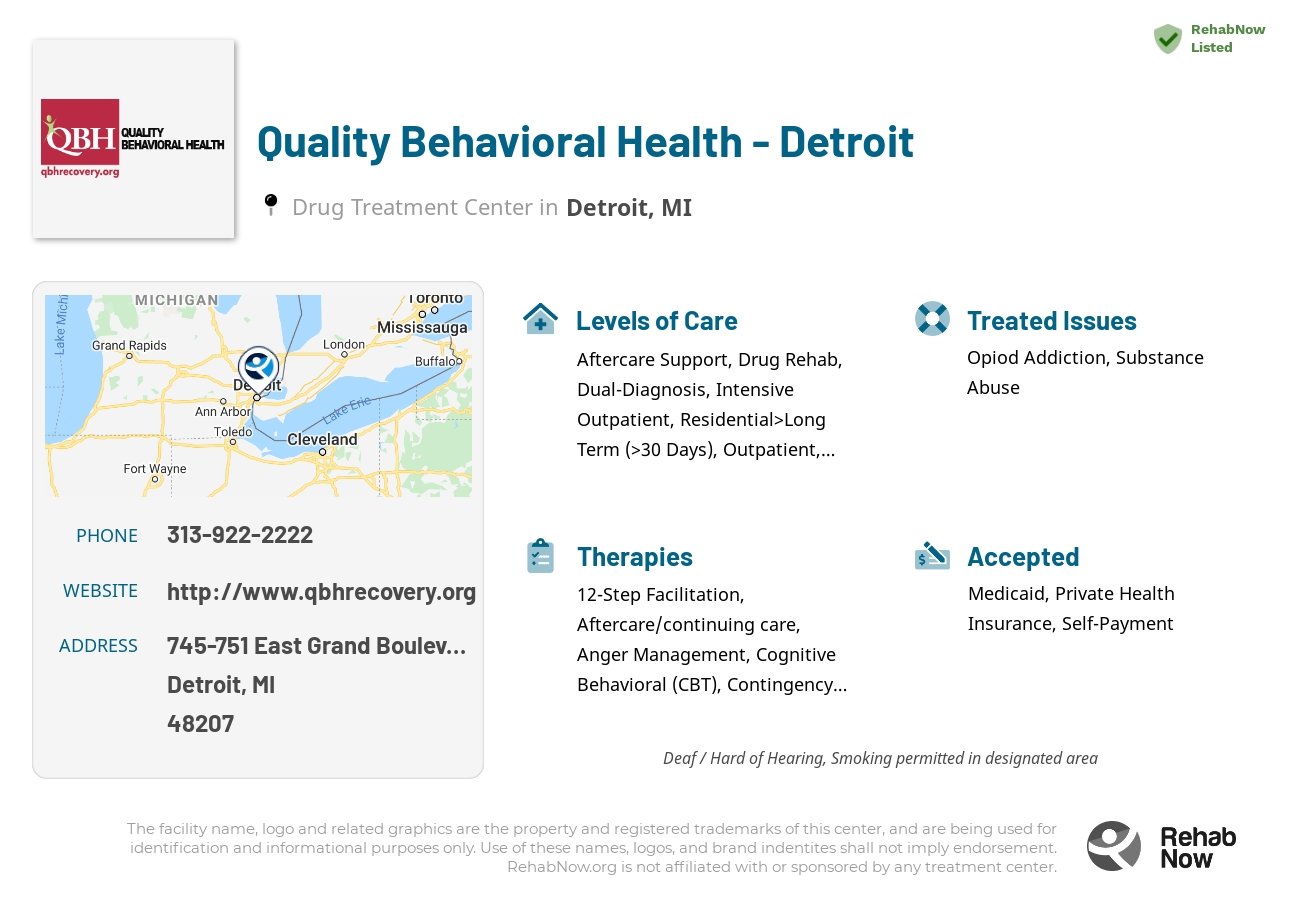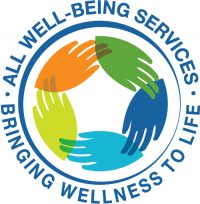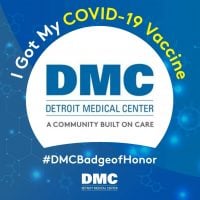Quality Behavioral Health - Detroit
Drug Rehab Center in Detroit, Michigan
Quality Behavioral Health - Detroit is an outpatient mental health and substance abuse facility that offers comprehensive and individualized care to clients struggling with addiction and substance abuse, utilizing evidence-based interventions and trauma-informed therapy, and providing a range of services such as medication management, relapse prevention workshops, adventure-based therapy, mindfulness-based stress reduction, and more.
About This Michigan Facility
Quality Behavioral Health - Detroit is an Addiction Treatment Facility located in Detroit, Michigan. Founded in 1995, this facility has been committed to providing comprehensive and compassionate care for individuals suffering from opioid addiction, substance abuse, and drug addiction. Quality Behavioral Health offers various levels of care, including detoxification services, residential treatment options, partial-hospitalization programs, outpatient programs, and intensive outpatient programs. They also offer aftercare support to ensure a smooth and successful transition back into society. Quality Behavioral Health - Detroit accepts private health insurance and is affiliated with the reputable Quality Behavioral Health organization.
Quality Behavioral Health - Detroit offers a wide range of services to aid individuals in their journey towards recovery from addiction and substance abuse. Their treatment methods are designed to address the specific needs of each patient through a personalized approach. With a focus on dual-diagnosis treatment, they address not only the addiction itself but also underlying mental health issues that may contribute to it. Moreover, their facility provides evidence-based therapies, counseling services, behavioral therapy techniques, relapse prevention education, and life skills training. Through these comprehensive treatment approaches and individualized care plans, Quality Behavioral Health - Detroit helps individuals achieve long-term recovery and improve their overall quality of life without dependency on drugs or alcohol.
Genders
Ages
Modality
Additional
Conditions and Issues Treated
Recovering from any type of substance abuse is a long process, but it is one of the most worthwhile and life changing events any addicted person will ever go through. This is a combination of detoxing the body, rehabilitation, and recovery. There is also therapy, aftercare, and support during the entire process.
While substance abuse can take over a person’s life, it is something that can also be overcame by professionals at Quality Behavioral Health - Detroit in Detroit, MI
With so many people struggling with opioid addiction, opioid addiction treatment is more critical than ever before. Patients often take opioids when they face a painful injury. When someone begins taking opioids such as Vicodin or oxycodone differently than how the medications were prescribed, this points to opioid addiction.
Stopping these types of medications abruptly is not safe. That is where opioid addiction treatment at Quality Behavioral Health - Detroit in Detroit, MI comes in. Most opioid addiction treatment facilities start with detox and move to rehabilitation services while providing medical support during the process.
Getting over an opioid addiction takes time and determination, but with the right support and resources, those struggling with opioid addiction can recover and move forward with their lives.
An underlying cause often brings about addiction. Mental disorders can lie at the center, such as schizophrenia, bipolar disorder or anxiety disorder. As well as the cause of the addiction, a dual diagnosis by Quality Behavioral Health - Detroit helps to treat the addiction. This ensures that after treatment is complete, the patient will not fall back on old practices.
Levels of Care Offered at Quality Behavioral Health - Detroit
This center offers a variety of custom treatment tailored to individual recovery. Currently available are Aftercare Support, Detox, Drug Rehab, Dual-Diagnosis, Intensive Outpatient, Outpatient, Partial-Hospitalization, Residential, with additional therapies available as listed below.
Detox is a drug rehab process that begins before the actual drug rehab treatment. It is used to remove any residual toxins left in your body (and brain) after using drugs, and it is used with the intent to help you or your loved one complete drug rehab.
If you are addicted to opiates like heroin, methadone, or prescription painkillers, you will detox with medication. This is because the withdrawal symptoms are often more intense and uncomfortable for an opiate addict than for someone who has abused or is dependent on other drugs, like cocaine.
An intensive outpatient program is a good option for someone in Michigan with a milder or less severe addiction. An IOP may involve daily meetings at a treatment facility, along with personal counseling and peer meetings. Some IOP programs offer half-day treatment, while others offer full-day programs. Quality Behavioral Health - Detroit‘s IOP is customized per individual.
Outpatient treatment is treatment that occurs when a patient is not checked into a rehab facility. The patient may show up for therapy sessions, go through detox and engage in other therapies to help them recover. However, they will do so while they live at home in Michigan.
Outpatient therapy provided by Quality Behavioral Health - Detroit is usually recommended as a follow up to inpatient therapy. It helps patients adapt to their normal lives after treatment. In some cases, it can also be an alternative to inpatient treatment. People may choose this route if they are unable to leave their jobs, children or if they don’t have the money for inpatient treatment. However, inpatient treatment is the best way to recover from addiction.
Quality Behavioral Health - Detroit‘s Partial Hospitalization Program is a midway point between inpatient and outpatient treatment. It is for people who are still struggling with addiction but don’t need round the clock care in Detroit. Patients may spend anywhere from 18 to 30 hours a week in a treatment program, but they will sleep at home. The duration of the program can be anywhere from one to six months.
Residential treatment programs are those that offer housing and meals in addition to substance abuse treatment. Rehab facilities that offer residential treatment allow patients to focus solely on recovery, in an environment totally separate from their lives. Some rehab centers specialize in short-term residential treatment (a few days to a week or two), while others solely provide treatment on a long-term basis (several weeks to months). Some offer both, and tailor treatment to the patient’s individual requirements.
Therapies & Programs
In group therapy, the patient undergoes sessions with other patients dealing with similar problems under the guidance of a trained counselor. The members of the group interact with each other and talk freely about their issues. The recovery of members of the group from the problems that they face gives the patients confidence that they can also overcome their addiction.
Group therapy at Quality Behavioral Health - Detroit reduces the feeling of loneliness and improves the coping skills of the patients. Group therapy provides patients with continuous feedback from other members. The group dynamics ensure that members start having some structure and routine in their lives.
Cognitive behavioral therapy (CBT) is a way of addressing concerns through talking. Talking through issues can identify sources of discomfort or unhealthy thoughts. CBT is a healthy way Quality Behavioral Health - Detroit addresses some behaviors which may be bringing unintended consequences in a persons life.
The 12 step program is the treatment method used by Alcoholics Anonymous, but it can apply to any type of addiction. It outlines the 12 steps addicts should take on the path to recovery. Steps include admitting you have a problem and making the decision to turn your life around. A belief in a higher power and making amends to others are also part of the program.
Payment Options Accepted
For specific insurance or payment methods please contact us.
Is your insurance accepted?
Ask an expert, call (888) 674-0062
Quality Behavioral Health Associated Centers
Discover treatment facilities under the same provider.
- Quality Behavioral Health - Sterling Heights in Sterling Heights, MI
- Quality Behavioral Health - Detroit in Detroit, MI
- Quality Behavioral Health - Outpatient in Detroit, MI
- Quality Behavioral Health - Sterling Heights in Sterling Heights, MI
Learn More About Quality Behavioral Health Centers
Additional Details
Specifics, location, and helpful extra information.
Detroit, Michigan 48207 Phone Number(313) 922-2222 Meta DetailsUpdated November 25, 2023
Staff Verified
What else do people call Quality Behavioral Health – Detroit?
People have occasionally also searched for “Quality Behavioral Health in Michigan”
Patient Reviews
There are no reviews yet. Be the first one to write one.
Detroit, Michigan Addiction Information
Michigan has the second-highest rate of drug and alcohol abuse in the nation. Heroin is linked to more than 50% of the state's hepatitis C cases. Marijuana is the drug most often associated with crimes in Michigan, followed by methamphetamines. Opioids alone are responsible for almost 20% of all drug overdose deaths in Michigan.
Over 1,000 drug-related overdose deaths occurred in Detroit, Michigan, in 2017 alone. Opioids (42%) and benzodiazepines (22%) are the most common drugs involved in overdose deaths. Drug overdoses killed more people in 2016 than homicides. In Detroit, Michigan, there are a variety of drug rehab centers to choose from. The most important thing is to find a facility that will best meet the needs of the individual.
Treatment in Nearby Cities
- Southgate, MI (13.9 mi.)
- Oak Park, MI (10.9 mi.)
- Portage, MI (131.8 mi.)
- South Haven, MI (166.6 mi.)
- New Buffalo, MI (195.5 mi.)
Centers near Quality Behavioral Health - Detroit
The facility name, logo and brand are the property and registered trademarks of Quality Behavioral Health - Detroit, and are being used for identification and informational purposes only. Use of these names, logos and brands shall not imply endorsement. RehabNow.org is not affiliated with or sponsored by Quality Behavioral Health - Detroit.










